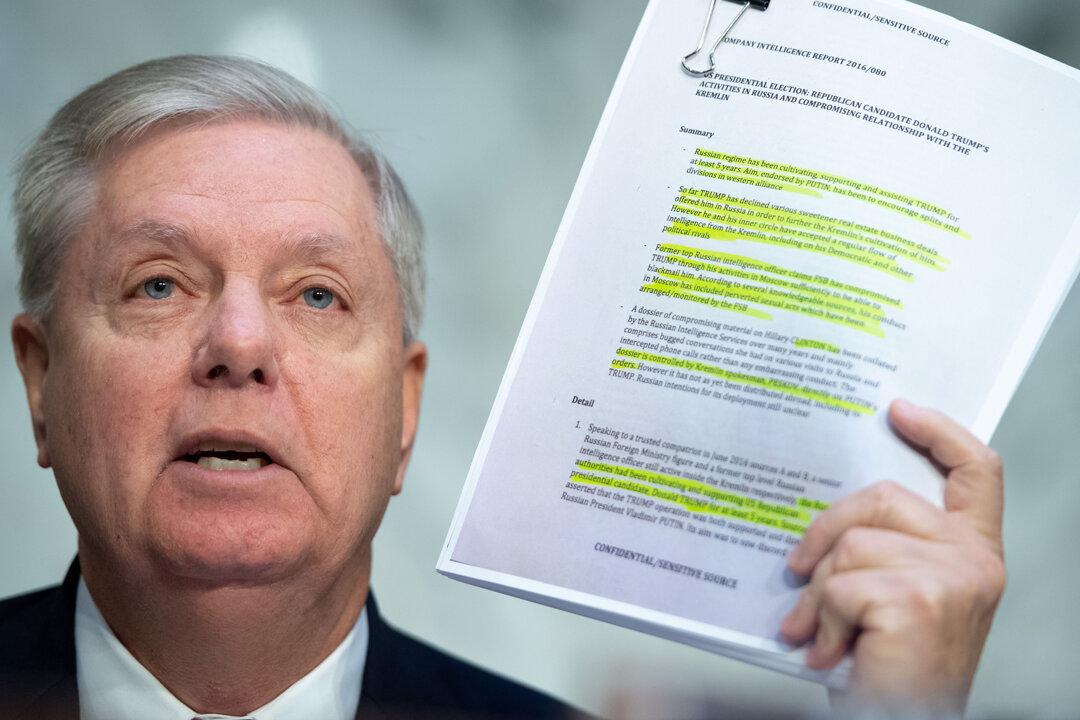Commentary
As the House-led impeachment inquiry nears the trial phase, some Democrats are accusing Republicans in the Senate of being partial.


As the House-led impeachment inquiry nears the trial phase, some Democrats are accusing Republicans in the Senate of being partial.